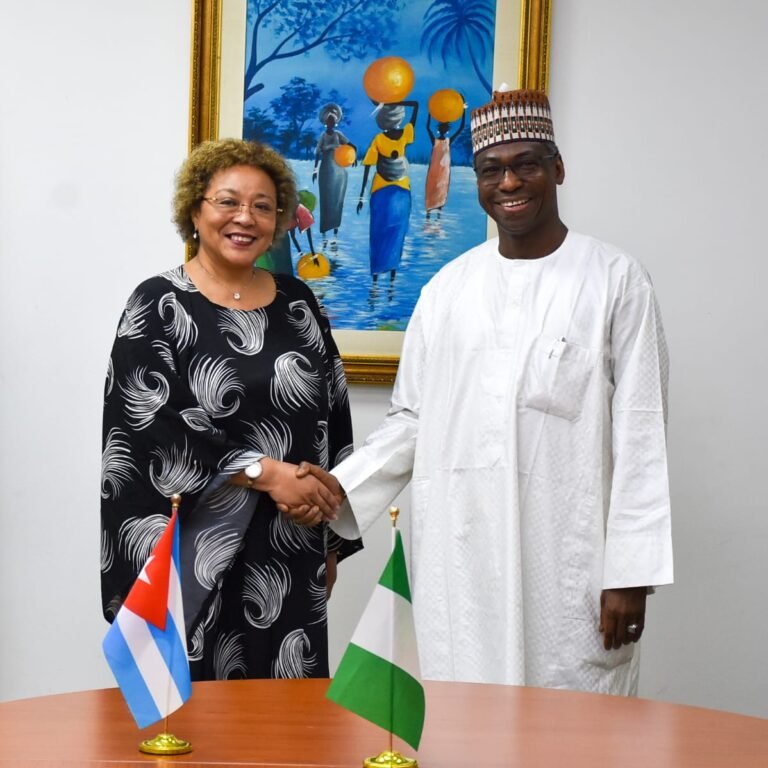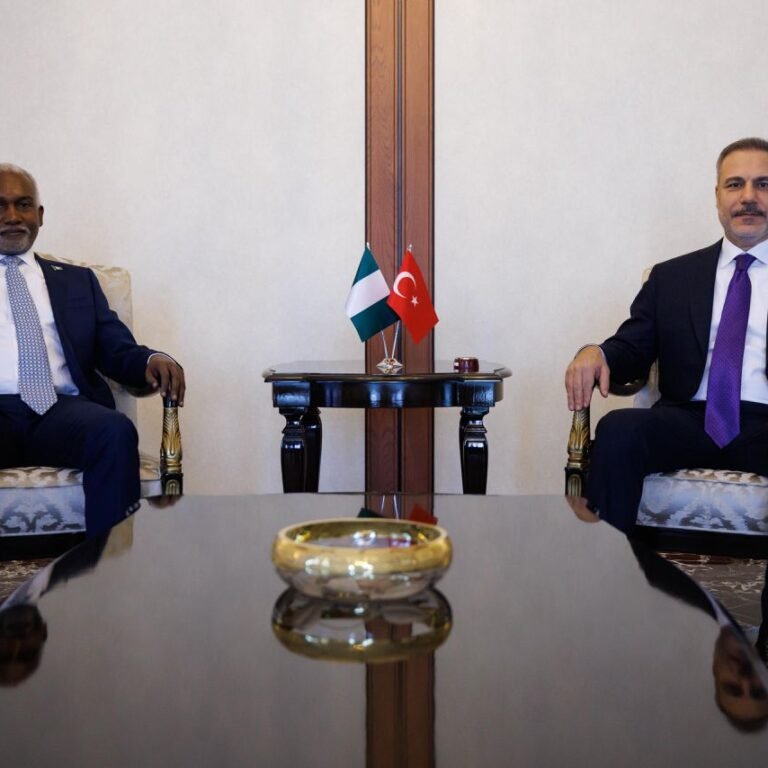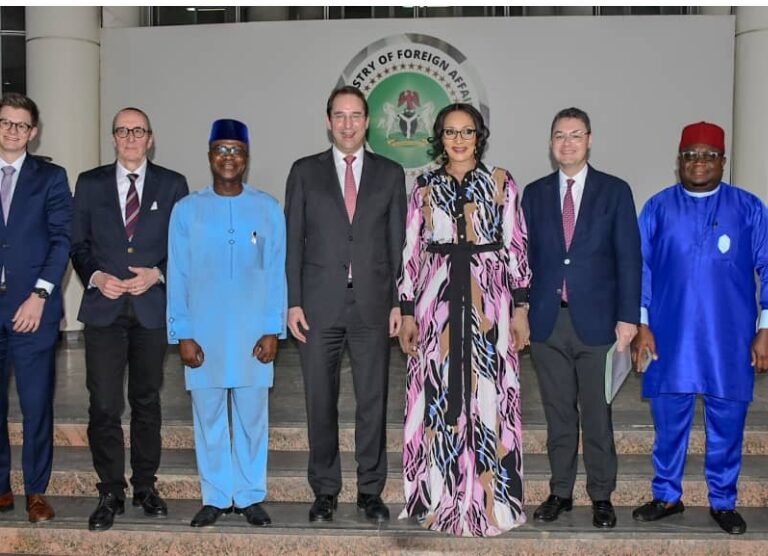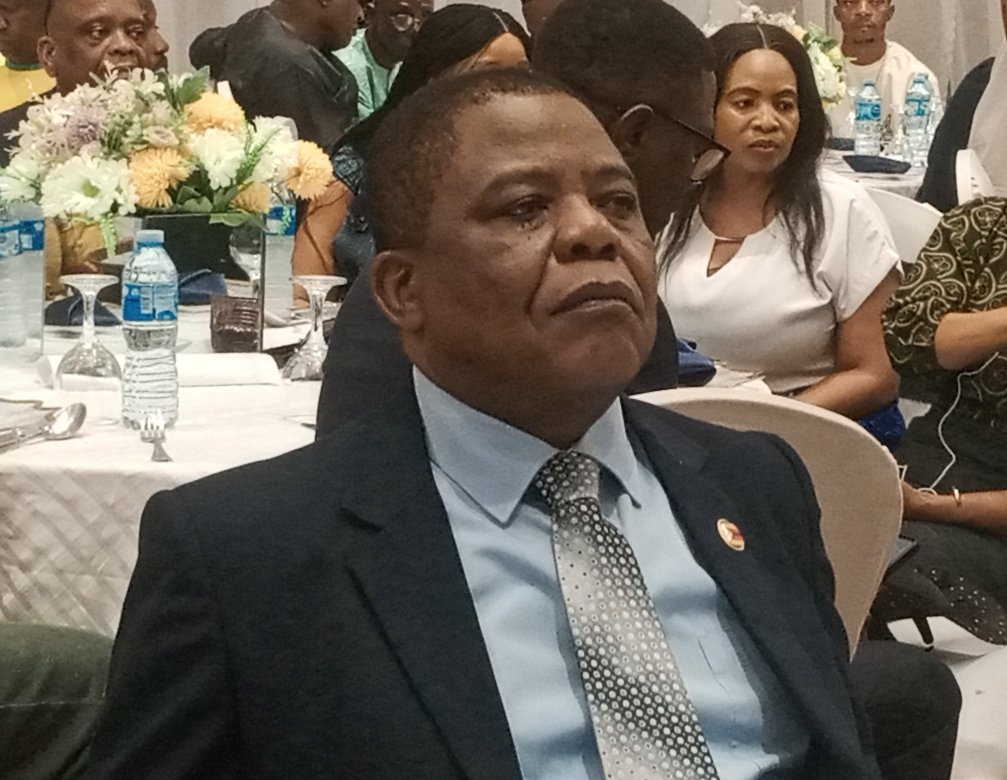
Abuja, Nigeria – The Southern African Development Community (SADC) member states marked this year’s SADC Day with a diplomatic reception in Abuja, highlighting the region’s achievements in economic integration, peace, and political cooperation, while recognizing Nigeria’s historic role in supporting the liberation of Southern Africa.
Nigeria’s Minister of Foreign Affairs, Ambassador Yusuf Maitama Tuggar, represented by Ambassador Nonyelum Aforkelu, reaffirmed Nigeria’s unwavering partnership with SADC. He praised the community’s progress in advancing industrialization, agricultural transformation, energy transition, and peacebuilding, particularly in the Democratic Republic of Congo.

“As a proud member of the African Union, Nigeria identifies with SADC’s commitment to promoting peace, economic growth, and democratic governance. Our bond remains strong, from the liberation era to this era of regional development,” Ambassador Aforkelu said.
Ambassador Maxwell Ranga, Dean of the SADC Group in Nigeria, traced the history of the regional bloc. He recalled the coalition of independent Southern African nations in the 1970s and the decisive role of the Frontline States Angola, Botswana, Mozambique, Tanzania, Zambia, and later Zimbabwe—in the fight against colonialism and apartheid. Their efforts led to the establishment of the Southern African Development Coordination Conference (SADCC) in 1980, later transformed into the Southern African Development Community (SADC) in 1992.
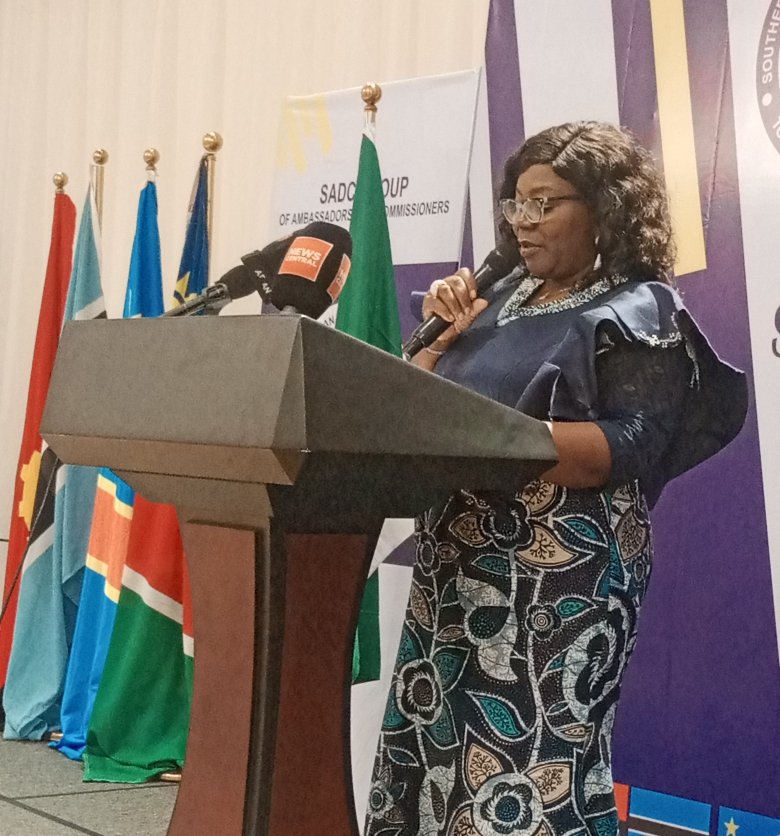
“Today, SADC boasts 16 member states and has expanded its mandate beyond liberation to include regional economic cooperation, political stability, infrastructure development, food security, and environmental sustainability,” Ambassador Ranga noted.
Her Excellency Pascaline Gerengbo Yakivu, Ambassador of the Democratic Republic of Congo, welcomed dignitaries on behalf of the SADC Group of Ambassadors and High Commissioners in Nigeria. She described SADC Day as a symbol of unity and progress while highlighting the region’s vast investment opportunities in minerals, agriculture, infrastructure, tourism, and cultural exchange.
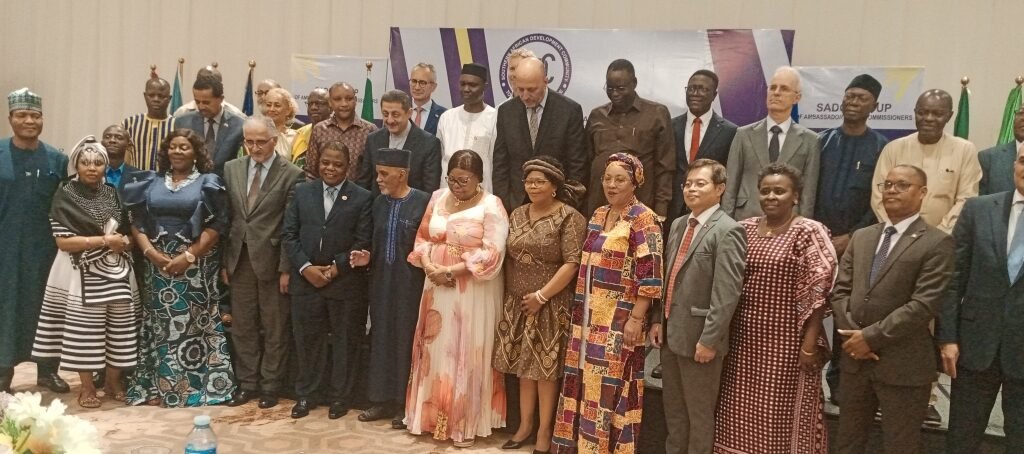
“Here in Nigeria, our celebration is not only a reflection of SADC’s economic, cultural, and political achievements, but also an opportunity to strengthen bonds with Nigeria. Your presence here testifies to the strong friendship we share,” Ambassador Yakivu said.
This year’s SADC Summit, held in Madagascar in August, emphasized industrialization, value addition to natural resources, women and youth empowerment, and stronger intra-African trade as vital to the region’s resilience.
The Abuja celebration, attended by diplomats, business leaders, and cultural representatives, also showcased SADC’s rich cultural heritage, gastronomy, and investment opportunities, underscoring Africa’s strength in diversity.


